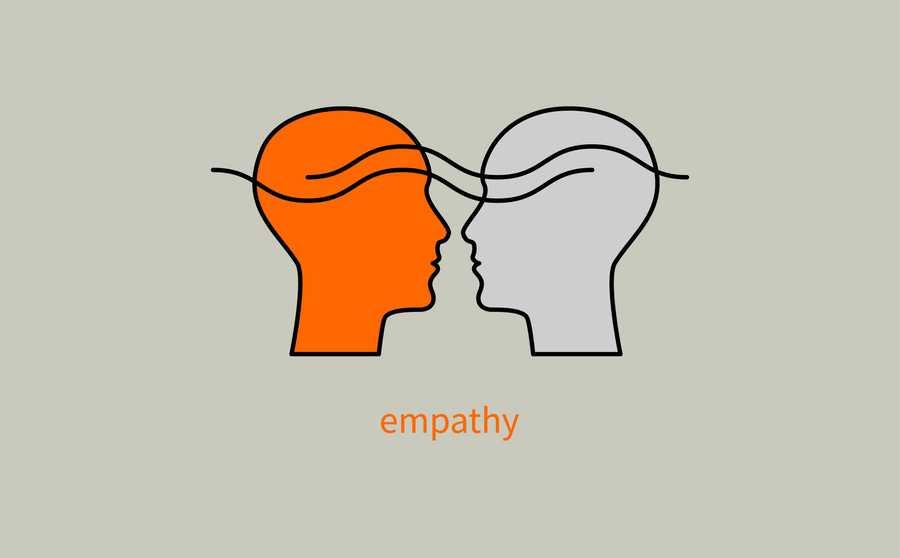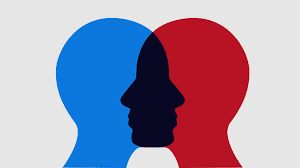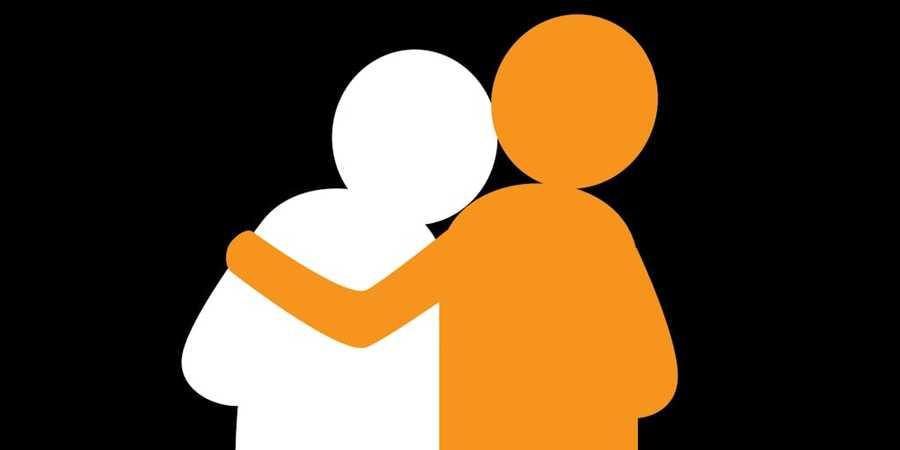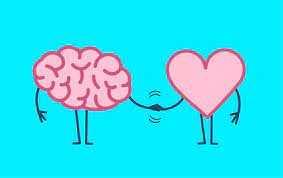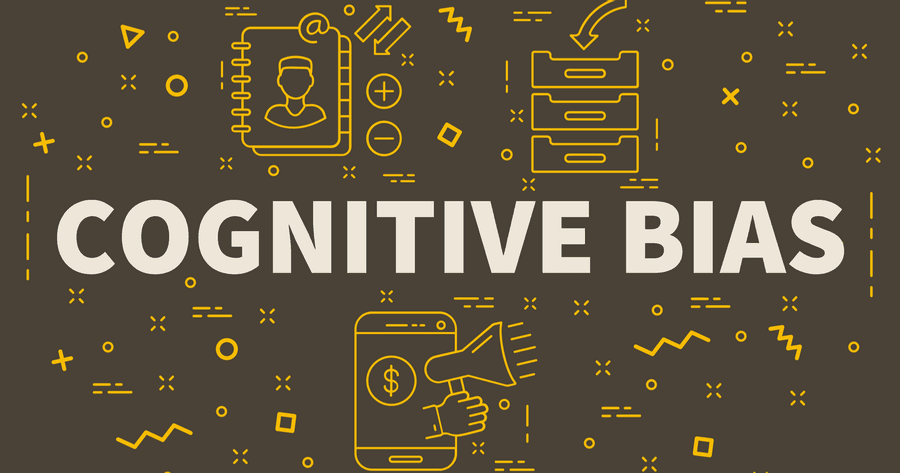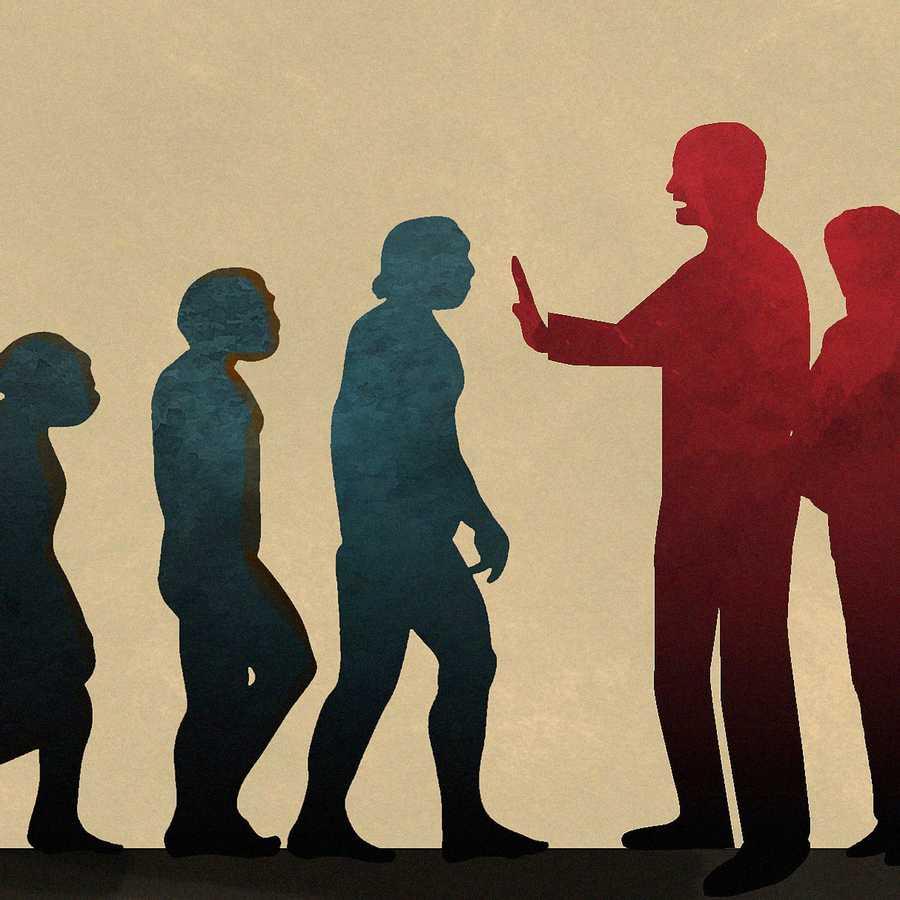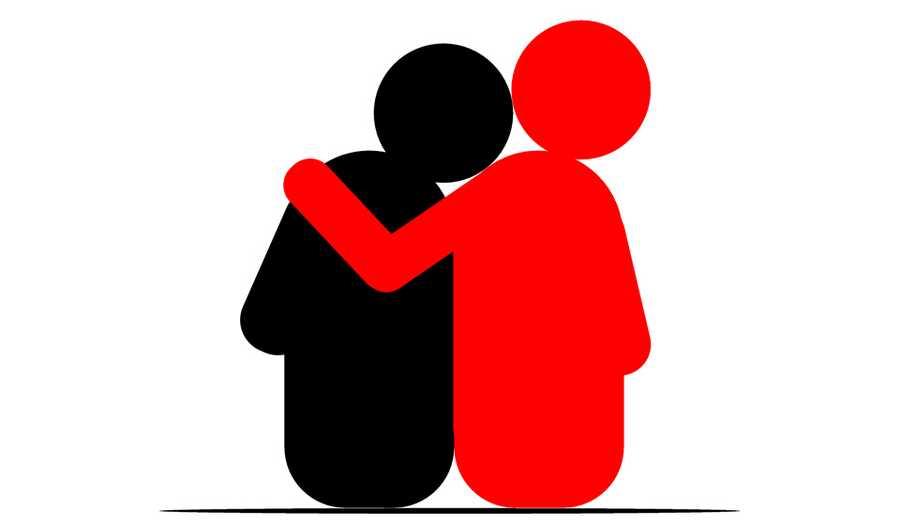Explore the World's Best Ideas
Join today and uncover 100+ curated journeys from 50+ topics. Unlock access to our mobile app with extensive features.
What is empathy
Empathy is the abillity to emotionally understand what other people feel. see things from their point of view, and imagine yourself in their place.
essentially, it is putting yourself in someone else's position and feeling what they must be feeling.
62
556 reads
Signs of empathy
There are some signs that show that you tend to be an empathetic person:
- You are good at really listening to what others have to say.
- People often tell you about their problems.
- You are good at picking up on how other people are feeling.
- You often think about how other people feel.
- Other people come to you for advice.
- You often feel overwhelmed by tragic events.
- You try to help others who are suffering.
- You are good at telling when people aren't being honest.
- You sometimes feel drained or overwhelmed in social situations.
- You care deeply about other people.
- You find it difficult to set boundaries in your relationships with other people.
Having a great deal of empathy makes you concerned for the well-being and happiness of others. It also means, however, that you can sometimes get overwhelmed, burned out, or even overstimulated from always thinking about other people's emotions.
54
100 reads
Types of empathy
There are different types of empathy that a person may experience:
- Affective empathy involves the ability to understand another person's emotions and respond appropriately. Such emotional understanding may lead to someone feeling concerned for another person's well-being, or it may lead to feelings of personal distress.
- Somatic empathy involves having a sort of physical reaction in response to what someone else is experiencing. People sometimes physically experience what another person is feeling. When you see someone else feeling embarrassed, for example, you might start to blush or have an upset stomach.
- Cognitive empathy involves being able to understand another person's mental state and what they might be thinking in response to the situation. This is related to what psychologists refer to as theory of mind, or thinking about what other people are thinking.
56
135 reads
Uses for empathy
Humans beings are capable of selfish, even cruel behavior. A quick scan of any daily newspaper quickly reveals numerous unkind, selfish, and heinous actions.
The question then is why don't we all engage in such self-serving behavior all the time? What is it that causes us to feel another's pain and respond with kindness?
There are a number of benefits of being able to experience empathy:
- Empathy allows people to build social connections with others. By understanding what people are thinking and feeling, people are able to respond appropriately in social situations. Research has shown that having social connections is important for both physical and psychological well-being.
- Empathizing with others helps you learn to regulate your own emotions. Emotional regulation is important in that it allows you to manage what you are feeling, even in times of great stress, without becoming overwhelmed.
- Empathy promotes helping behaviors. Not only are you more likely to engage in helpful behaviors when you feel empathy for other people, but other people are also more likely to help you when they experience empathy.
56
63 reads
Bariers to empathy
A few reasons why people sometimes lack empathy include:
- Cognitive biases
- Dehumanization
- Victim- blaming.
51
154 reads
Cognitive biases
Sometimes the way people perceive the world around them is influenced by a number of cognitive biases. For example, people often attribute other people's failures to internal characteristics, while blaming their own shortcomings on external factors.
These biases can make it difficult to see all the factors that contribute to a situation and make it less likely that people will be able to see a situation from the perspective of another.
54
104 reads
Dehumanization
Many also falll victim to the trap of thinking that people who are different from them also don't feel and behave the same as they do. This is particularly common in cases when other people are physically distant.
For example, when they watch reports of a disaster or conflict in a foreign land, people might be less likely to feel empathy if they think that those who are suffering are fundamentally different from themselves.
51
104 reads
Victim blaming
Sometimes when another person has suffered a terrible experience, people make the mistake of blaming the victim for their circumstances.
This is the reason why victims of crimes are often asked what they might have done differently to prevent the crime.
This tendency stems from the need to believe that the world is a fair and just place. People want to believe that people get what they deserve and deserve what they get—it fools them into thinking that such terrible things could never happen to them.
53
131 reads
IDEAS CURATED BY
I'm passionate about helping people live their best lives. I'm a lifestyle coach & burnout coach.
Rogier. H's ideas are part of this journey:
Learn more about personaldevelopment with this collection
How to find common interests
How to be a good listener
How to overcome social anxiety
Related collections
Similar ideas
Read & Learn
20x Faster
without
deepstash
with
deepstash
with
deepstash
Personalized microlearning
—
100+ Learning Journeys
—
Access to 200,000+ ideas
—
Access to the mobile app
—
Unlimited idea saving
—
—
Unlimited history
—
—
Unlimited listening to ideas
—
—
Downloading & offline access
—
—
Supercharge your mind with one idea per day
Enter your email and spend 1 minute every day to learn something new.
I agree to receive email updates

